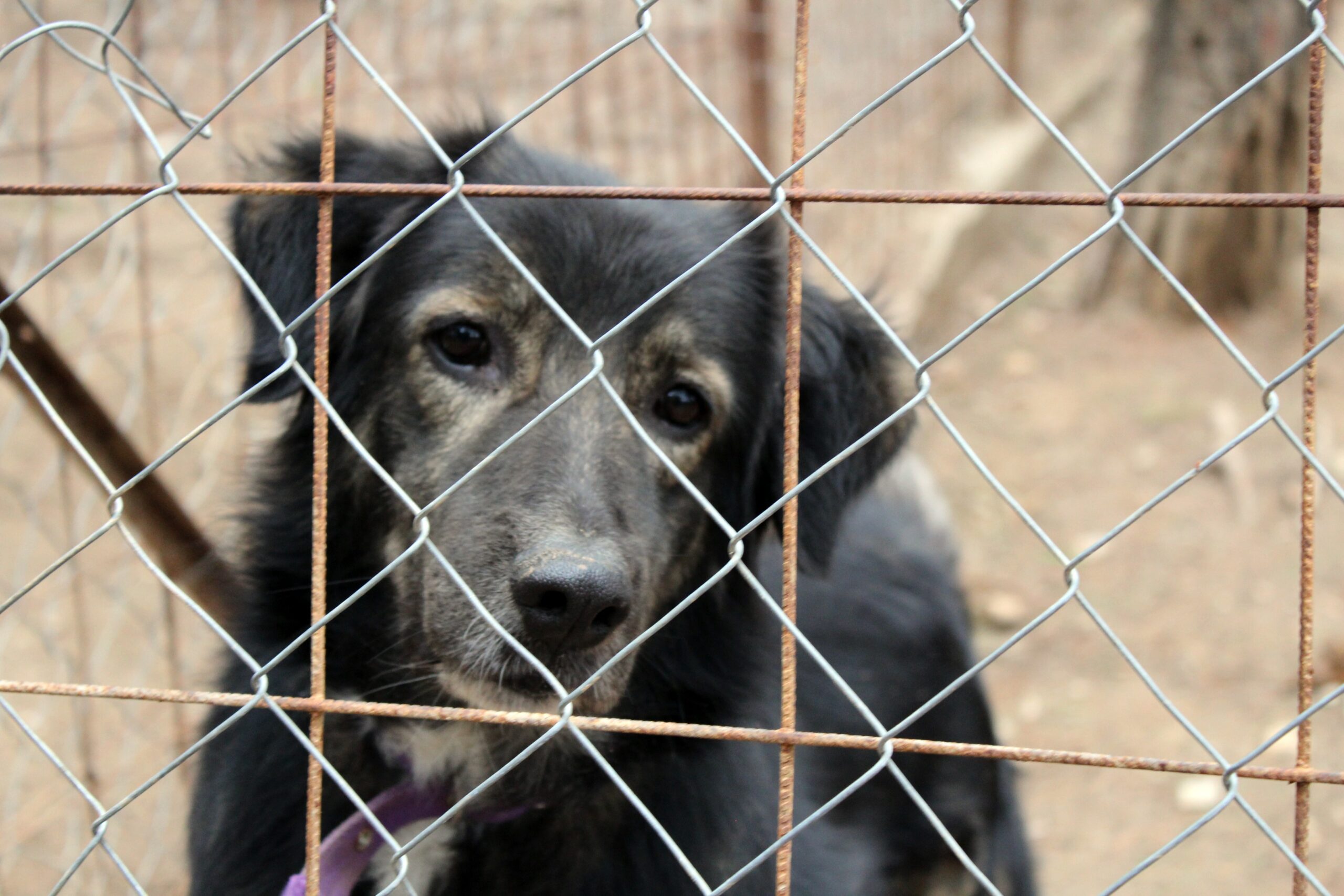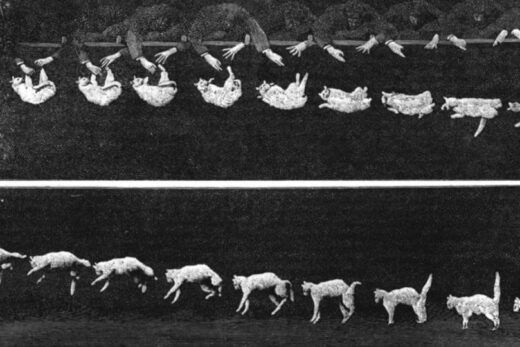
Decided to take a dog from the shelter? What do you have to deal with?
Nowadays it is very common to see ads that suggest taking a dog from a shelter. On the one hand, this is a great option to help a street dog find a family. But on the other hand, the owners of such a pet are not even aware of the difficulties that may arise. Often with dogs taken from the shelter, there are many difficulties, because of which the potential owners very quickly return them back.
What is the reason for this? There may be many reasons. And they should be considered.
You need to be prepared for a number of difficulties
Purebred dogs are often found in shelters too. Although it is mostly street animals that get there. They are often very poorly socialized. Therefore, the decision should be taken deliberately and consciously. Saving money on such a pet is also not recommended. A dog from a shelter may require the involvement of a veterinarian, zoopsychologist, and a competent trainer. Here the interests of both parties must be taken into account.
The dog needs a normal existence, and the owners should be comfortable living with it. And in order to achieve a solution to this problem, it will take a lot of effort. And now about this in more detail:
Difficulties at the choosing stage.
Many shelters and shelter homes carefully check out potential owners. You may have to fill out a detailed questionnaire. Then sign a contract of co-ownership. And agree to a periodic vetting of the animal’s condition and living conditions. Furthermore, if you do not own a home, do not have a steady income, or are a senior citizen, the shelter may turn you away.
Problems with health.
People don’t usually take pups from shelters, though this does happen occasionally, they take adult animals. The majority of them are suffering from chronic or severe diseases and injuries when they get to the shelter. Fleas, worms, and skin infections are all possibilities. This will necessitate mandatory veterinarian treatment. A more detailed examination is also required. It will identify any hidden injuries or chronic diseases that may exist.
A dog in a shelter is like a person in prison.
And being there inevitably leaves an indelible imprint on the psyche and behavior. There are 2 categories of dogs in the shelter:
- Initially homeless, born on the street from a homeless dog, raised in conditions of hunger, disease, but at the same time in the wild, never had an owner. In recent years, these dogs are becoming less and less.
- Dogs that were abandoned. Such dogs had an owner or several, they have experience of communicating not only with strangers but also with the owner, as well as with members of their family.
A dog from a shelter could get used to street life, so there will be some difficulties with its socialization. After all, street life has taught the dog to fight for survival. Such animals are usually wary of people, distrustful. They are often happy to “grab everything that is bad”. And, perhaps, to bury or hide the excess “for a rainy day”.
And life within the walls of a shelter is no fun at all. Spartan conditions in the cages are not at all favorable to the development of an angelic character.
Behavior problems.
A shelter animal always has its own life experience. And at the same time, as a rule, it is not always positive. The dog’s psyche may have been offended and traumatized earlier. Both humans and other dogs could do it.
This usually leaves its mark on the attitude towards others. tendency to either aggression or excessive fearfulness is possible. In a new house, the animal almost always experiences shock and stress, so you need to be prepared for any reactions, up to fear and aggression. This is especially true in families with small children.
In the early days, it is better to try to limit the communication of children with a new family member. You may have to train the dog to relieve itself while walking (we are not talking about a puppy, but about an adult animal). And also generally to life in an apartment. In fact, you will need to learn to find a common language with the dog and build relationships.





